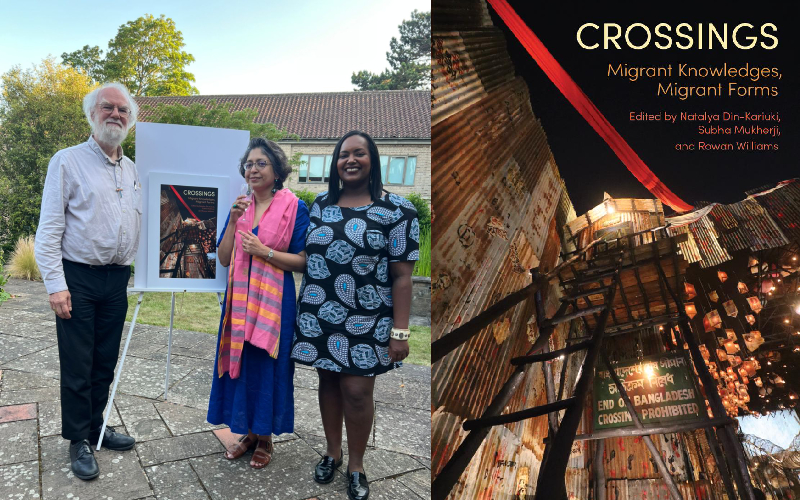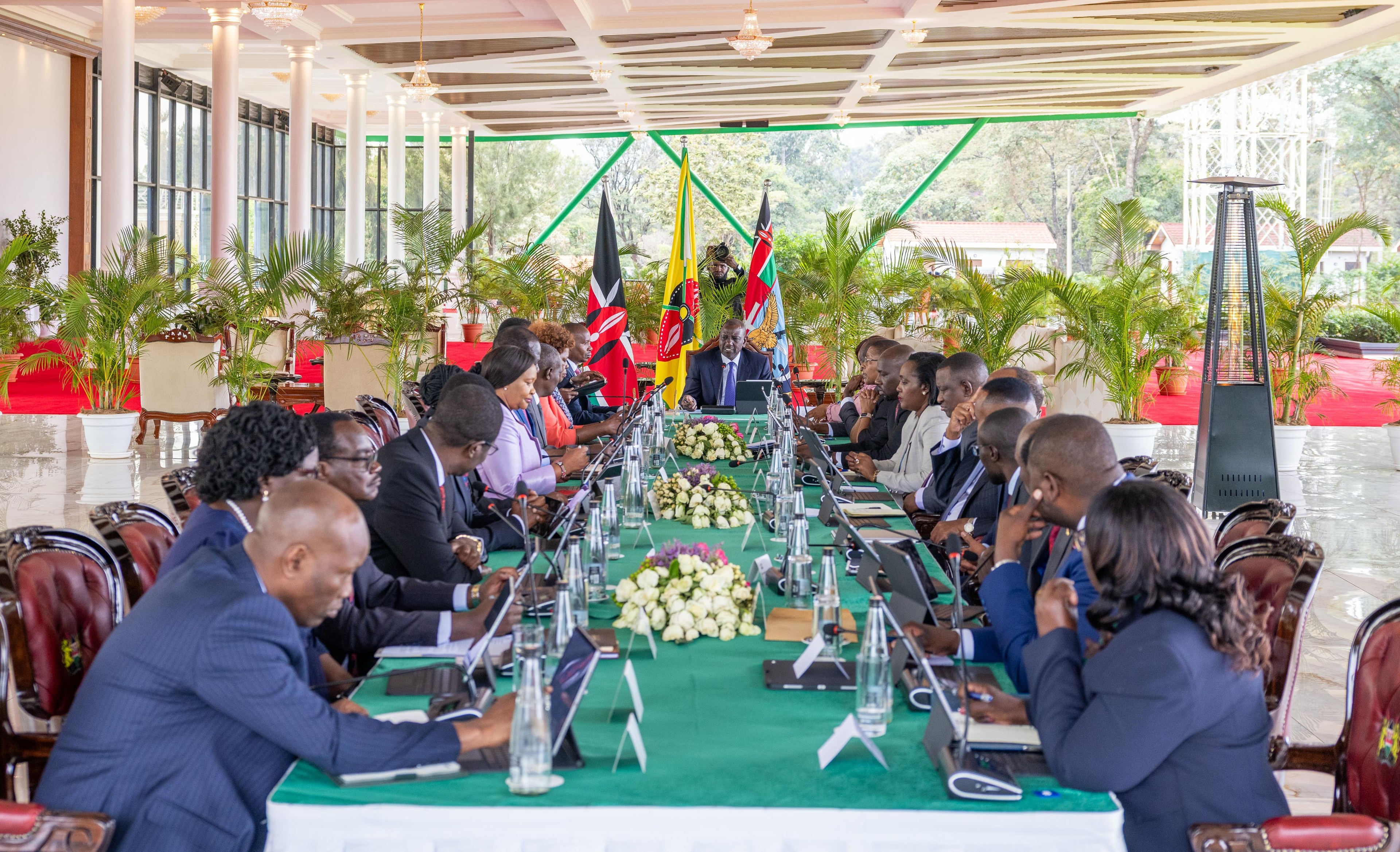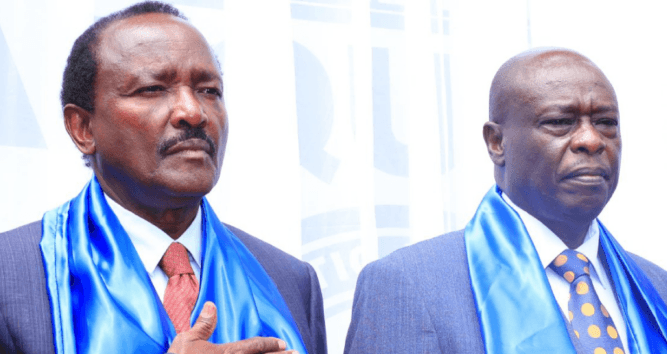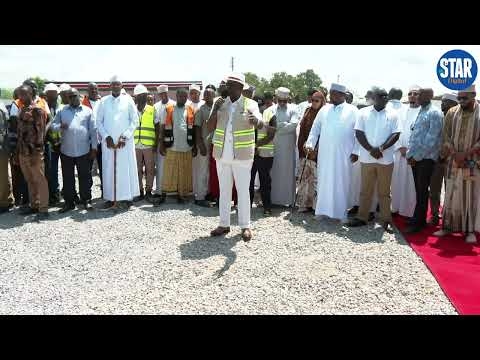
Kenyan scholar Dr. Natalya Din-Kariuki played a key role in shaping global
conversations on migration and cultural expression during a high-level
symposium held at Magdalene College, University of Cambridge.
The event, titled Migrant Forms: Creative Futures, brought together artists,
writers, academics, and chefs from around the world to examine the intersection
of border-crossing experiences and the arts.
The one-day symposium aimed to explore how migration influences creative
expression and the formation of knowledge.
Dr. Din-Kariuki, a scholar of sixteenth- and
seventeenth-century travel, was a lead contributor to the symposium and
co-editor of a forthcoming book, Crossings:
Migrant Knowledges, Migrant Forms.
The volume, due to be published this summer by Punctum Books in the U.S.,
was pre-launched at the event.
It features a wide range of essays and reflections from contributors across
Africa, Asia, Europe, the United States, and the Middle East, including voices
from migrant communities.
“The book is about how migration produces new
forms of knowing,” said Dr. Din-Kariuki.
“It’s also about how migrants carry, shape, and share knowledge through art,
storytelling, and lived experience.”
The collection is co-edited by Professor Subha
Mukherji and Rowan Williams, former Archbishop of Canterbury.
It reflects diverse perspectives on
the impact of displacement and the knowledge systems that emerge through
movement and adaptation.
Dr. Din-Kariuki’s contributions are informed
not only by academic inquiry but by her personal history.
“My grandfather came to Kenya from
India as a stowaway in the 1930s,” she shared.
“That legacy of migration is central
to how I think about travel, memory, and belonging.”
The
symposium concluded with performances and discussions that emphasized the need
for inclusive global narratives about identity, mobility, and the role of
culture in shaping collective futures.











![[PHOTOS] Ruto present as NIS boss Noordin Haji's son weds](/_next/image?url=https%3A%2F%2Fcdn.radioafrica.digital%2Fimage%2F2025%2F11%2Ff8833a6a-7b6b-4e15-b378-8624f16917f0.jpg&w=3840&q=100)

